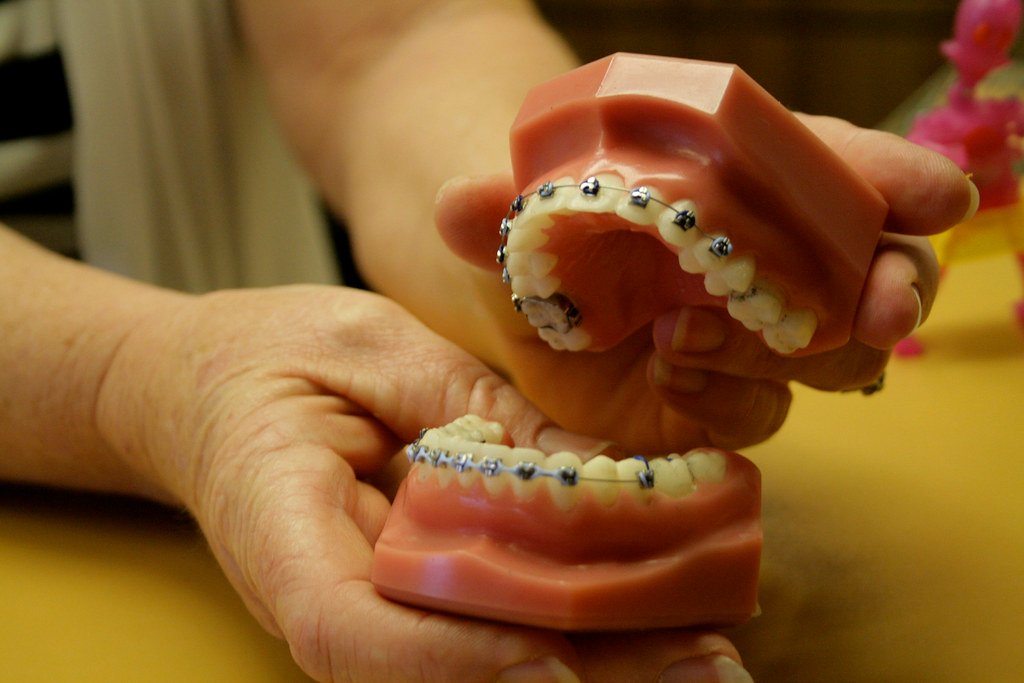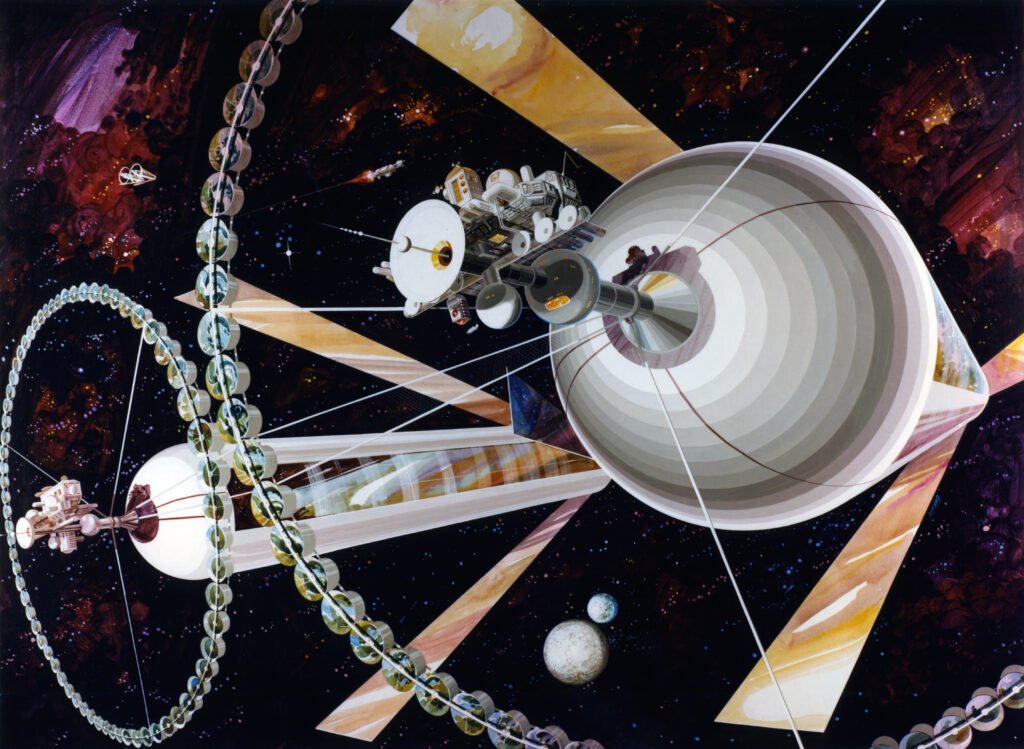Have you ever wondered why some people never have to endure the pain of wisdom teeth extraction? It’s a curious phenomenon that has puzzled scientists and intrigued the general public. As evolution continues to shape the human body, one notable change is the absence of wisdom teeth in some individuals. This evolutionary trend raises fascinating questions about our past, present, and future. Why are these third molars, once essential for our ancestors, becoming redundant in modern humans? Let’s delve into the mystery of the missing wisdom teeth and explore the science behind this intriguing evolution.
The Role of Wisdom Teeth in Our Ancestors

Long before toothbrushes and dental floss, our ancestors relied on a diet vastly different from ours today. Wisdom teeth, or third molars, were crucial for chewing and grinding down tough plant materials and raw meat. These additional teeth provided the necessary surface area for breaking down fibrous foods, which were a staple in early human diets. Over time, as cooking methods evolved and diets softened, the role of wisdom teeth diminished. This shift in dietary habits set the stage for the evolutionary changes we observe today, where wisdom teeth are no longer a universal feature.
The Evolutionary Trend: A Shift in Human Anatomy
As human diets evolved, so did our jaws. Modern humans have smaller jaws compared to our ancestors, which often lack the space to accommodate a full set of 32 teeth, including wisdom teeth. This anatomical change is a direct result of our shift towards softer, cooked foods that require less chewing. The reduced need for large, robust jaws has led to the gradual disappearance of wisdom teeth in some populations. Evolution, it seems, is streamlining our anatomy to align with our changing lifestyles.
Genetic Factors: The Role of DNA in Wisdom Teeth Development

Genetics plays a significant role in whether an individual develops wisdom teeth. Certain genetic variations can influence the presence or absence of these third molars. Research has identified specific genes that impact jaw size and tooth development, which in turn affect the likelihood of wisdom teeth formation. For instance, some populations, like the Inuit, have a higher incidence of missing wisdom teeth due to genetic adaptations to their unique environment and diet. These genetic insights provide a fascinating glimpse into how our DNA is shaping the future of human evolution.
Cultural and Environmental Influences on Dental Evolution
Cultural practices and environmental factors have also played a part in the evolution of wisdom teeth. The introduction of agriculture and the invention of cooking tools significantly altered human diets, reducing the need for large jaws and robust teeth. Additionally, cultural practices such as the use of orthodontics have further influenced dental development. As societies continue to advance, these cultural and environmental influences will likely continue to shape our evolutionary trajectory, potentially leading to the complete disappearance of wisdom teeth in future generations.
The Impact of Modern Dentistry on Wisdom Teeth

Modern dentistry has had a profound impact on the management of wisdom teeth. With the advent of dental care, issues related to impacted or problematic wisdom teeth can be addressed effectively. This medical intervention has reduced the natural selection pressure that might have otherwise led to the gradual disappearance of wisdom teeth. However, the trend of missing wisdom teeth persists, suggesting that evolution is still at play, albeit at a slower pace. The interplay between modern medicine and natural evolution presents an intriguing dynamic in the story of human development.
Wisdom Teeth and Oral Health: A Double-Edged Sword
While some individuals are fortunate to be born without wisdom teeth, others face the challenge of managing their impact on oral health. Impacted wisdom teeth can lead to a host of dental issues, including infections, misalignment, and pain. For many, the removal of wisdom teeth is a necessary procedure to maintain oral health. However, the absence of these teeth in some individuals highlights a potential evolutionary advantage, sparing them from the complications associated with wisdom teeth. This duality underscores the complex relationship between evolution and oral health.
The Future of Wisdom Teeth: What Lies Ahead?
As we look to the future, the trend of missing wisdom teeth raises questions about the direction of human evolution. Will wisdom teeth become obsolete, much like the appendix or tailbone? Advances in genetic research may provide insights into the future trajectory of dental evolution. As scientists continue to unravel the mysteries of our genetic code, we may gain a deeper understanding of how evolution is shaping our anatomy. The future of wisdom teeth remains uncertain, but one thing is clear: evolution is an ongoing process, constantly adapting to the needs and challenges of modern life.
Real-Life Stories: Personal Accounts of Missing Wisdom Teeth

Stories from individuals who never developed wisdom teeth offer a unique perspective on this evolutionary trend. Some describe the relief of avoiding dental surgery, while others express curiosity about their genetic makeup. These personal accounts provide a human element to the scientific narrative, highlighting the diverse experiences of those affected by this evolutionary change. Hearing these stories can offer comfort to those who find themselves on the receiving end of this genetic lottery, reminding us of the fascinating complexity of human evolution.
The Global Perspective: How Different Populations Experience Wisdom Teeth
The occurrence of missing wisdom teeth varies across the globe, influenced by genetic, cultural, and environmental factors. In some Asian populations, the absence of wisdom teeth is more common, while other regions still see a high prevalence of these third molars. This global variation provides valuable insights into the interplay between genetics and environmental influences on human evolution. Understanding these differences can help us appreciate the diverse ways in which evolution is shaping our species across different contexts and cultures.
A Thought-Provoking Conclusion: The Ever-Evolving Human Body

The mystery of the missing wisdom teeth is a captivating chapter in the story of human evolution. It challenges us to consider the ways in which our bodies are adapting to the demands of modern life. As we continue to unravel the complexities of our genetic heritage, we are reminded of the incredible adaptability of the human species. The disappearance of wisdom teeth serves as a testament to the ever-evolving nature of our anatomy, prompting us to ponder what other changes the future might hold. What will the next chapter in our evolutionary journey reveal?



